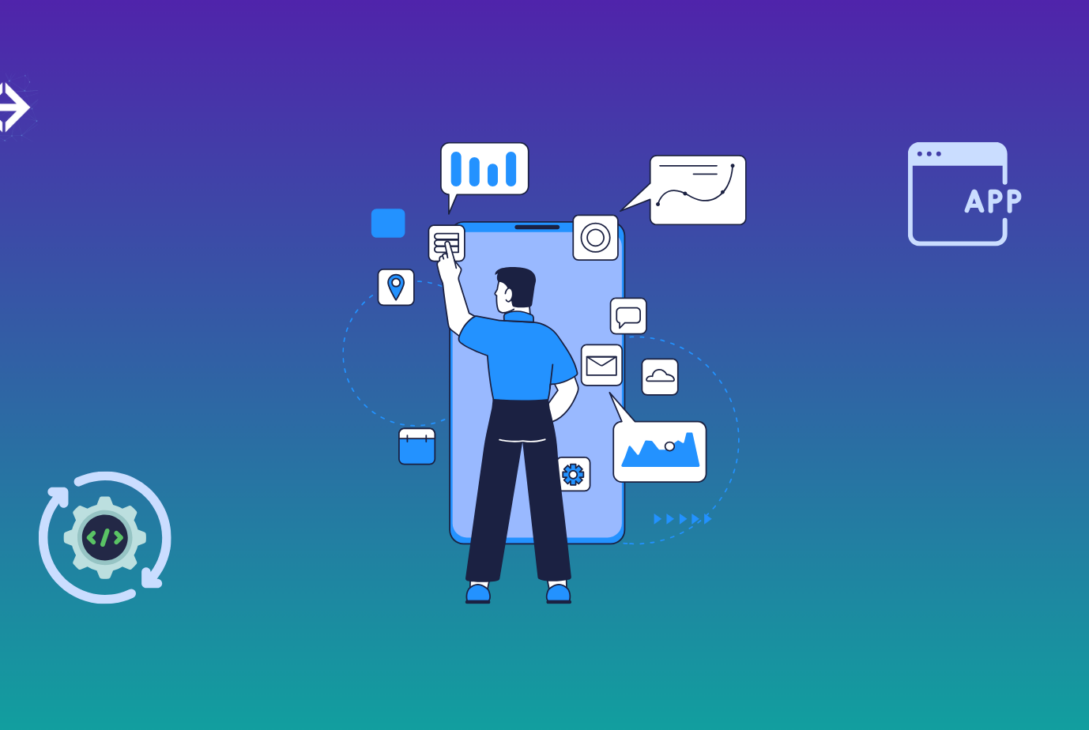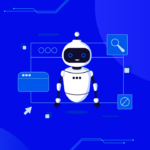Healthcare systems around the world face increasing challenges—rising patient demands, overburdened medical staff, and inefficiencies in healthcare delivery. Traditional models of care struggle to keep up with the growing needs of an aging population, chronic disease management, and the demand for real-time patient care.
Long wait times, limited access to specialists, and lack of personalized healthcare services lead to frustration among both patients and providers. In emergencies, delays in medical intervention can even mean the difference between life and death. The need for a more efficient, data-driven, and patient-centric healthcare system has never been more urgent.
Enter mobile app development in healthcare—a revolutionary force transforming the industry. With telemedicine, remote patient monitoring (RPM), digital therapeutics, and AI-driven medical solutions, mobile health (mHealth) apps empower patients and providers alike. These apps streamline medical processes, enhance patient engagement, and make quality healthcare accessible anytime, anywhere.
The Rise of Mobile Health (mHealth) Applications
The concept of mobile health (mHealth) is rapidly gaining traction, with more than 350,000 digital health apps available in app stores today (IQVIA). The global mHealth market is projected to reach $332.7 billion by 2025, driven by increased smartphone penetration and growing reliance on digital health solutions (Statista).
mHealth apps cater to a wide range of healthcare needs, including:
- Chronic disease management (e.g., diabetes, hypertension)
- Mental health support and therapy
- Remote consultations and telemedicine
- Fitness and wellness tracking
- Medication reminders and adherence tools
Enhancing Patient Engagement and Empowerment through Mobile App Development
Mobile apps have revolutionized patient engagement by offering personalized healthcare experiences. Patients can now actively manage their health using:
- Wearable-integrated apps that track heart rate, blood pressure, and glucose levels.
- Medication management apps like Medisafe, which provide reminders and track adherence.
- Symptom checker apps powered by AI to assess health conditions in real-time.
Altibbi, a leading telemedicine platform, integrates AI-driven transcription and medical note analysis through smartphone cameras, enhancing patient-doctor interactions (Altibbi).
Revolutionizing Remote Patient Monitoring and Telemedicine with Mobile Apps
Telemedicine and remote patient monitoring (RPM) have emerged as critical components of modern healthcare, allowing doctors to diagnose and treat patients remotely.
Key benefits of telemedicine apps:
- Reduced hospital visits, saving time and healthcare costs.
- AI-driven diagnostics for early detection of diseases.
- Virtual wards enabling 24/7 monitoring of chronic conditions.
Luscii’s AI-powered platform enables real-time monitoring of patients’ vital signs, reducing hospital readmissions and ensuring continuous care (Luscii).
Streamlining Healthcare Operations through Mobile App Development
Beyond patient care, mobile app development is enhancing operational efficiency in healthcare facilities:
- Automated appointment scheduling reduces no-show rates.
- Electronic Health Records (EHR) apps streamline data access for doctors.
- AI-powered chatbots assist with triage and patient inquiries.
Deep Medical leverages AI-driven appointment booking systems, optimizing hospital resource management and improving patient flow (The Times).
Personalized Medicine and AI Integration in Mobile Health Apps
With AI and machine learning advancements, personalized medicine is becoming a reality. Healthcare mobile apps analyze patient data to deliver tailored treatment plans.
AI-powered healthcare apps assist with:
- Predictive analytics for early disease detection.
- Customized treatment plans based on genetic profiling.
- AI-driven mental health therapy for cognitive behavioral interventions.
Addressing Mental Health through Mobile Applications
The rise in mental health concerns has spurred the development of mobile apps offering cognitive therapy, meditation, and crisis support.
Apps developed by individuals with lived experiences—such as Wysa and Woebot—use AI-driven chatbots to provide therapy and mental well-being support (The Guardian).
Challenges and Considerations in Mobile Healthcare App Development
Despite its benefits, healthcare mobile app development faces several challenges:
- Data Privacy & Security – Ensuring HIPAA and GDPR compliance to protect patient information.
- Regulatory Compliance – Navigating FDA and CE approvals for medical-grade apps.
- User Accessibility & Inclusivity – Designing apps with multilingual and disability-friendly features.
Future Trends in Mobile App Development for Healthcare
The future of mHealth apps is bright, with emerging trends shaping the industry:
- Digital Therapeutics (DTx) – FDA-approved apps treating diseases like diabetes and PTSD.
- AI and ML in Diagnostics – AI-powered apps assisting in radiology and pathology analysis.
- AR & VR in Medical Training – Enhancing surgical simulations and patient education.
Frequently Asked Questions (FAQs)
How do mobile health apps improve patient outcomes?
Mobile apps provide real-time data tracking, AI-driven insights, and telemedicine support, leading to faster diagnoses and better disease management.
What are the security measures in place for protecting patient data in mobile apps?
Healthcare apps must comply with HIPAA, GDPR, and ISO security standards to encrypt patient data and prevent breaches.
Can mobile apps replace traditional in-person consultations?
While telemedicine and AI diagnostics enhance healthcare access, in-person consultations remain necessary for physical examinations and complex procedures.
How do healthcare providers integrate mobile apps into their practice?
Hospitals and clinics use EHR-integrated apps, AI-driven diagnostics, and telehealth platforms to streamline patient management and improve care delivery.
What should patients look for when choosing a healthcare app?
Patients should check for FDA or medical authority approvals, strong security protocols, user reviews, and AI-driven personalized features.
Mobile app development is revolutionizing the healthcare industry, providing enhanced patient engagement, remote monitoring, AI-driven diagnostics, and digital therapeutics. While challenges exist, advancements in AI, telemedicine, and wearable integrations will continue to shape the future of healthcare.
As the healthcare landscape evolves, embracing mobile health solutions will be crucial in ensuring accessible, personalized, and efficient medical care for all.








